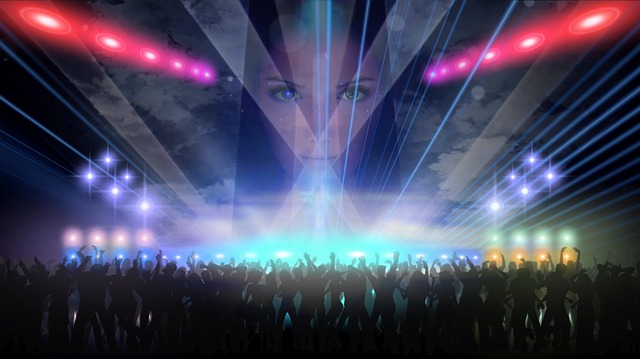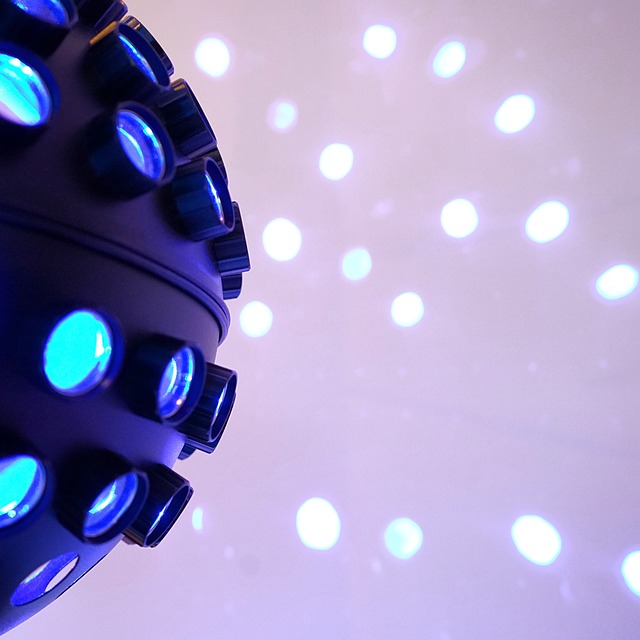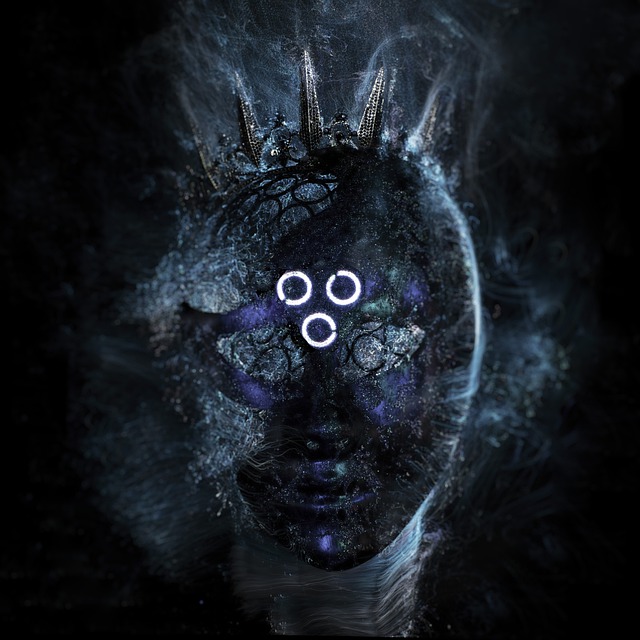
Tresor at 30: the evolution of a Berlin techno institution – DJ Mag
Interfisching in outer space: the Dada years
Dimitri Hegemann wanted to change the world. His ideas were too big for the small village he grew up in, which is why in 1978 he moved to West Berlin. Four years later, while studying musicology at The Free University of Berlin, he organised the first edition of Atonal, a three day music festival devoted to the ‘Geniale Dilletanten’ movement, a provocative German subculture that evolved around bands like Einstürzende Neubauten and Sprung aus den Wolken.
Throughout the ’80s, Atonal rose to the forefront of Berlin’s experimental art and music scenes, while developing a strong British industrial connection through bands like Psychic TV, Test Dept. and Bourbonese Qualk.Simultaneously Hegemann, together with Achim Kohlberger, established the ‘Fisch’ consortium, starting with the Fischbüro, which served as headquarters for Hegemann’s Dadaist experiments throughout the decade. There was also Fischlabor, more of a pub than a club, serving as a crucial meeting place for Berlin’s bohemian clique, and the UFO, Berlin’s first (illegal) acid house venue, which opened in the basement of the Fischbüro in 1988.
“The UFO was a hot private place, the second living room,” wrote Helge Birkelbach, for Berlin’s Hype Megazine in 1991. “Whoever lacked the spirit didn’t get in.” The UFO infamously hosted the afterparty to the first ever Love Parade, which took place on a rainy July day in 1989. The UFO closed down soon after due to noise complaints, relocating to a more legitimate venue in Schöneberg.
Interfisch Records completed the consortium, and was set up to sign Sheffield outfit Clock DVA. After disbanding the group, lead singer Adi Newton formed The Anti-Group, or TAG, a multimedia research project that presented its first series of psychoacoustic works at Atonal in 1985. “This was the first time I met them, and I was really inspired,” recalls Hegemann. The score to a hypnotic film, ‘The Delivery’, was performed live and released through the festival’s own label, Atonal Records.
A few years later, in 1989, Interfisch put out Clock DVA’s fourth studio album, ‘Buried Dreams’, a landmark record for its pioneering use of digital sampling and computer sequencing technologies. The live album ‘Transitional Voices’ came next; recorded in Bologna during a 1990 European tour, managed by Hegemann, before the band and label parted ways.
Nineteen-eighty-nine was a transitional year for Berlin and its budding electronic music scene: a mood siphoned through Fischlabor, the UFO and Interfisch Records. Big Sex Records — the real precursor to Tresor Records — was set up during this period as a platform for the emerging dance phenomenon, and to create distance from the guitar-orientated sounds of Interfisch. Here’s where Udo Heitfeld, a member of Hegemann’s short-lived art band the No Zen Orchestra, launched his ambient solo career as TV Victor with the esoteric ‘Moondance’ album.
“In those days, we had the idea that we would have access to commercial holiday trips to outer space,” explains Hegemann. “We thought, ‘When we’re on a spaceship with a big window, how will we dance?’ Then TV Victor said, ‘We will do the Moondance’.” Choreography — a literal moon dance — was conceived alongside the record, as well as special ‘cosmic’ beer to drink while performing the Moondance in space. It was called Space Beer, and sold exclusively at Fischlabor. “The dada club Fischbüro, TAG hypnotising people, TV Victor’s outer space trips in spaceships with Space Beer and the Moondance; this was a special period in life,” says Hegemann.
Source: https://djmag.com/longreads/tresor-30-evolution-berlin-techno-institution



